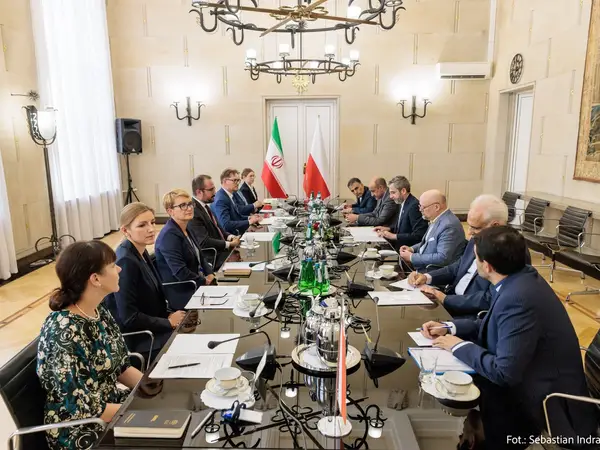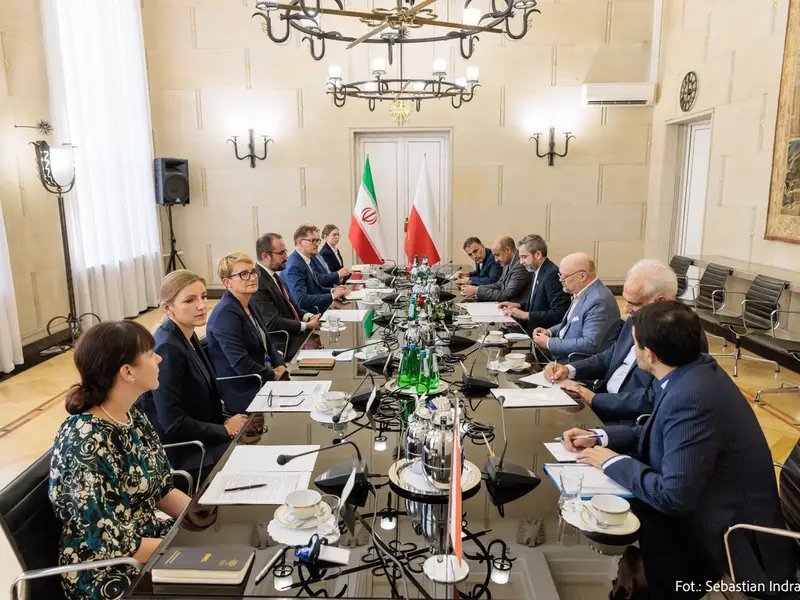Poland has sternly warned Iran against taking any steps to support Russia, especially through the provision of weapons or military equipment.
During a meeting in Warsaw July 19, Poland's Deputy Foreign Minister Pawel Jabłoński conveyed a strong message to his Iranian counterpart, Ali Bagheri Kani, emphasizing that such actions would be considered unacceptable.
The meeting primarily focused on Russia's aggression against Ukraine and its violations of international law. Jabłoński highlighted the severe repercussions of Russia's actions, including crimes against civilians, not only in Ukraine and Europe but also on a global scale.
The Russian invasion has had far-reaching consequences, contributing to a decline in global food and energy security, affecting regions beyond the immediate conflict zone, read a statement by Poland’s Ministry of Foreign Affairs.
Among the topics discussed was the issue of reviving the Joint Comprehensive Plan of Action (JCPOA), commonly known as the Iran nuclear deal. Poland stressed the importance of limiting Iran's nuclear program activities to mitigate the risk of weapons of mass destruction proliferation in the Middle East.
Iran has been enriching uranium to 60-percent purity in the past two years and has accumulated enough fissile material for two nuclear bombs according to experts.
During a separate meeting with foreign ambassadors and diplomats residing in Poland, Bagheri Kani talked about NATO's presence in Afghanistan. He asserted that "NATO's role in Afghanistan demonstrated that the alliance, typically seen as a security builder, could inadvertently contribute to promoting insecurity."
Poland, a full member of NATO since 1999, has actively participated in numerous missions and operations, demonstrating its commitment to international security efforts.

